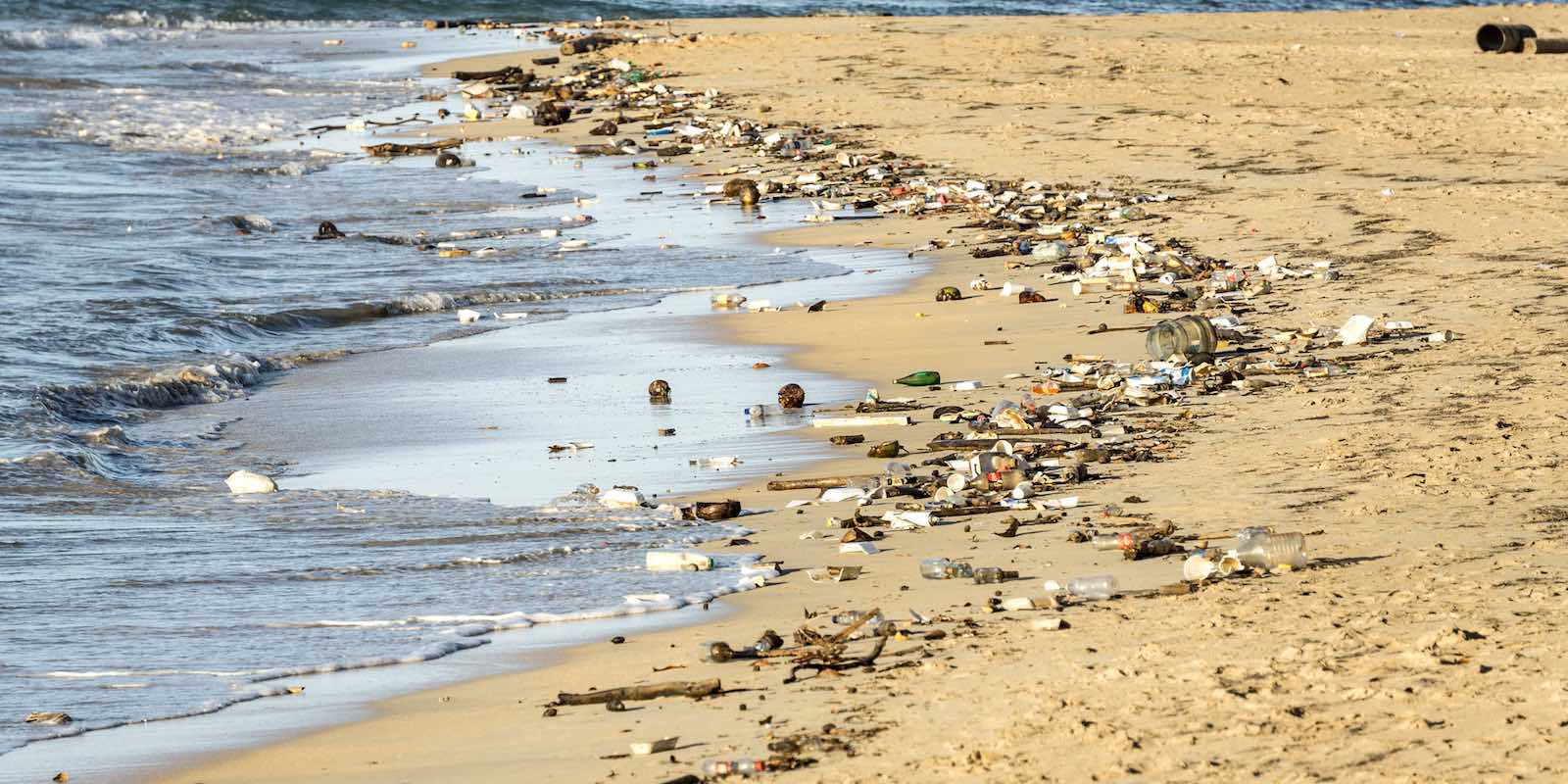
- Each year, former World Bank economist David Evans releases his five tips on education. This year, among his key findings are: let your kids learn from MTV, go to school, don’t just enrol, and education is not just for children anymore.
- Mark Hayward looks at a program that has embraced adaptive programming: Innovation for Indonesia’s School Children (INOVASI).
- Today, the attention of policymakers focuses on water quantity. Richard Damania looks at a new report by the World Bank with solutions to improve water quality.
- How can monitoring technologies affect firm operations and worker welfare? Erin Kelly and others seek to answer to this question by examining the impact of moral hazard on labour contracting and productivity, and determining the extent to which improved monitoring can ease these frictions.
- Barbara Burns and Maryam Akmal argue that Africa needs better data to design efficient educational policies.
- Penny Goldberg is the World Bank’s Chief Economist. Here she speaks about the shift of the World Bank, traditionally focused on lending, to serving as an intermediary between the private sector and governments with policy advice.
- Melusi Nkomo explains how Robert Mugabe came to power in post-colonial Zimbabwe and held on.
- While economists argue for developing countries to replace imports with domestic production, Rabah Arezki argues that an emphasis on liberalising imports should be at the heart of any development strategy in Middle Eastern and North African countries (MENA), believing it can foster the development of productive sectors and be a good base for promoting exports.
- On a per capita basis, Caribbean countries are among the biggest plastic polluters in the world.
- Here is an interesting piece by Ernesto Londoño that should resonate with what happened last week in the Pacific. He looks at what it cost El Salvador to switch diplomatic allegiance from Taiwan to China, and the consequences on the ground.
- In his first blog, Ryan Edwards tests the validity of the “Brain Drain” concept in the Pacific, looking at labour mobility, and argues it does not hold. There are enough skills on the islands to fill the shoes of migrants, while overseas labour contributes domestic benefits. His second blog summarises four studies that show how the prospect of international migration can induce more investment in schooling in home countries, and potentially increase the total supply of skilled people even as some leave for overseas.
[“source=lowyinstitute”]






